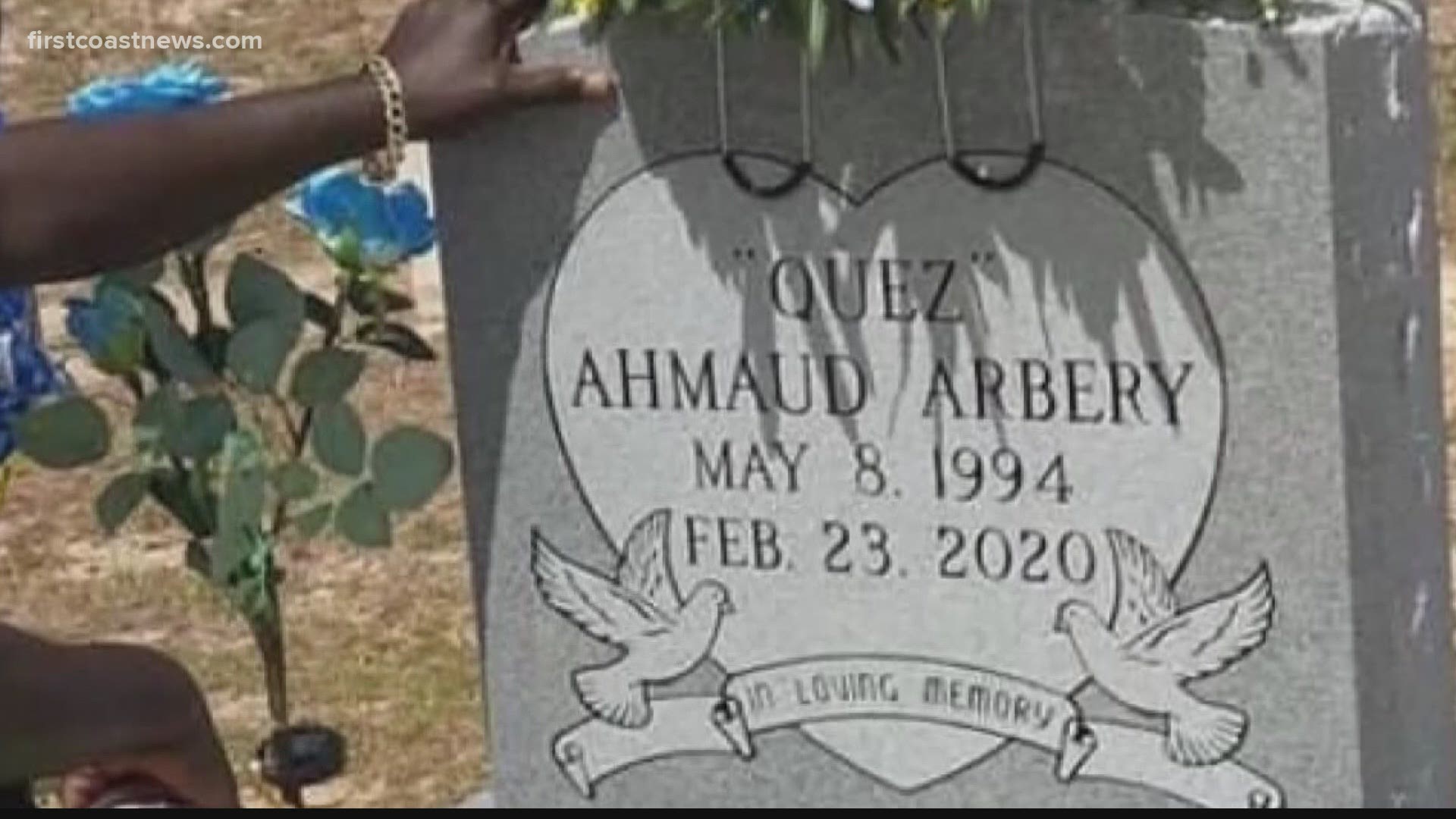

In 2010-11 in the UK, under Section 60 powers, black people were stopped 29.7 times more frequently than white people and Asian people were stopped 7.6 times more frequently. Police data shows that Section 60 stops and searches tend to discriminate more than those stops under legislation that requires police to have reasonable suspicion. Roberts brought the claim out of concern that Section 60 was being used disproportionately against black communities. The police have received increasing criticism for the abuse of these non-suspicion stop and search powers, like those under Section 60, because of alleged targeting of minority communities, in particular black Londoners. It appears that in some areas, police were using these powers on an almost-permanent basis in response to low-level disorder rather than for the exceptional outbreaks of violence for which the legislation was intended. From 2005 to 2010 alone, the use of Section 60 rose by more than 300 percent. Over the last decade, the UK police have massively increased their use of these stop and search powers. Thus officers were able to search Roberts without any individualized suspicion, as senior officers had authorized the use of section 60 throughout the borough of Haringey, north London, an area with a population of over 250 thousand.

Stop and search zones are authorized based on “local intelligence” that incidents involving serious violence may take place or that persons may be carrying weapons in that area.

Section 60-which was introduced to deal with football hooligans and the threat of serious violence-allows police officers to search anyone in a designated area without any individualized grounds for suspicion. In her claim against the police, Roberts argued that Section 60 stop and search violates articles 5, 8, and 14 of the European Convention of Human Rights, because it allows for arbitrary deprivations of liberty, unlawful interferences with respect for private life, and racial discrimination.

The officers conducted the search under section 60 of the Criminal Justice and Public Order Act 1994, and when Roberts resisted being searched in public, she was handcuffed, restrained on the ground, and forcibly searched. Commissioner of the Metropolitan Police.Īnn Juliette Roberts, a 38 year old British special needs teaching assistant of African-Caribbean descent, was searched by police officers after boarding a public bus with insufficient fare in 2010. Last week, the Court of Appeal ruled that the London Metropolitan Police did not abuse their stop and search powers or engage in racial discrimination in the case of Roberts v.


 0 kommentar(er)
0 kommentar(er)
